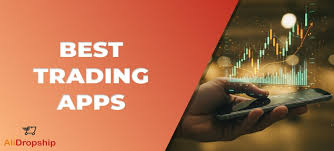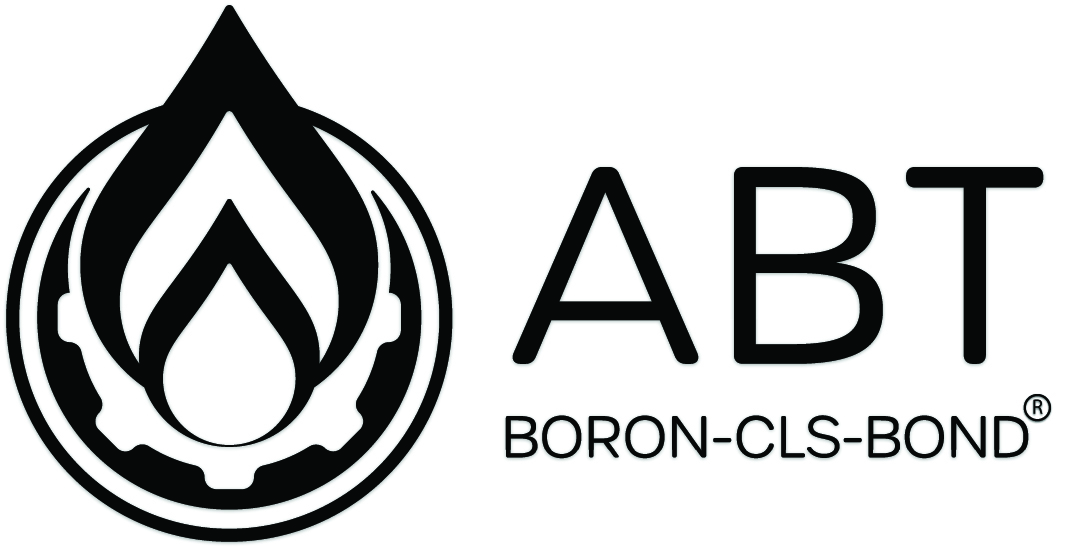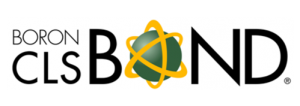Which Trading App is Best A Comprehensive Guide

Which Trading App is Best: A Comprehensive Guide
In today’s fast-paced world, mobile trading applications have gained immense popularity among investors and traders. With the rise of technology and the increasing accessibility of the financial markets, choosing the right trading app can be overwhelming. In this article, we will review several trading apps and analyze their features, pros, and cons to help you determine which trading app is best for your investment needs. For more detailed comparisons and insights, you can check which trading app is best bestappstrading.com.
Factors to Consider When Choosing a Trading App
Before we delve into specific trading apps, it’s essential to understand the factors that can influence your choice. Here are some key factors to consider:
- User Interface: The app should be user-friendly and intuitive, making navigation easy for both novice and experienced traders.
- Trading Fees: Different apps have various fee structures, including commission fees, spreads, and withdrawal fees. Choose an app that offers competitive pricing.
- Investment Options: Consider whether the app provides access to the markets you’re interested in, such as stocks, forex, cryptocurrencies, or options trading.
- Research Tools: A good trading app should offer tools and resources that assist in making informed investment decisions, such as charts, news updates, and analysis tools.
- Security: Ensure the app has robust security measures to protect your personal and financial information.
- Customer Support: Reliable customer service is crucial, especially if you run into issues or have questions regarding your trades.
Top Trading Apps of 2023
Now that we’ve covered the factors to consider, let’s examine some of the leading trading apps available this year.
1. Robinhood
Robinhood has surged in popularity due to its commission-free trades on stocks, ETFs, options, and cryptocurrencies. The app features a sleek design and an intuitive interface, making it appealing for beginners. However, it lacks some advanced trading tools, which may not suit experienced traders.
- Pros: User-friendly, no commission fees, easy account setup.
- Cons: Limited research tools, lack of advanced trading features.
2. TD Ameritrade
TD Ameritrade is well-known for its comprehensive trading tools and educational resources. The Thinkorswim platform, available on mobile, is robust and provides advanced charting and analytics. While it does charge commissions for certain trades, the wealth of information and tools available can justify the expense.
- Pros: Advanced trading features, extensive research materials, great customer service.
- Cons: Commissions on some trades, a more complex interface for beginners.
3. eToro
eToro stands out with its social trading features, allowing users to follow and copy trades from successful investors. The app is designed to be user-friendly, making it attractive for beginners looking to learn from more experienced traders. It offers a range of assets, including cryptocurrencies, stocks, and commodities.
- Pros: Social trading features, diverse asset options, user-friendly interface.
- Cons: Withdrawal fees, spreads can be wide on some assets.
4. Webull
Webull is an increasingly popular app that also offers commission-free trading on a wide range of assets. It provides advanced charting tools and technical analysis features, making it ideal for active traders. Users appreciate the ability to trade in pre-market and after-hours sessions.
- Pros: Commission-free trading, advanced analysis tools, pre-market trading.
- Cons: Limited educational resources compared to competitors.
5. Fidelity
Fidelity is recognized for its comprehensive range of investment products and excellent customer service. The app offers a wealth of research tools and educational content. Fidelity’s zero-commission trades make it a popular choice among investors. Additionally, they have a reputation for strong security measures.
- Pros: Extensive research tools, strong security, excellent customer service.
- Cons: The app’s interface may feel less modern compared to newer platforms.
Comparison of Features
To help you better understand each app’s offerings, here’s a summarized comparison of key features:

| Feature | Robinhood | TD Ameritrade | eToro | Webull | Fidelity |
|---|---|---|---|---|---|
| Commission-Free Trading | Yes | No (some trades) | Yes | Yes | Yes |
| Research Tools | Basic | Extensive | Moderate | Advanced | Comprehensive |
| Ease of Use | Easy | Moderate | Easy | Moderate | Moderate |
| Social Trading | No | No | Yes | No | No |
Conclusion
Ultimately, selecting the best trading app depends on your individual trading style and preferences. Beginners might prefer user-friendly platforms like Robinhood or eToro, while more experienced investors may opt for the advanced features and research tools available on platforms like TD Ameritrade or Fidelity. Assess your needs based on the factors discussed, and choose a trading app that aligns with your investment goals. Remember to start with a demo account if available to familiarize yourself with the platform before committing real money.






